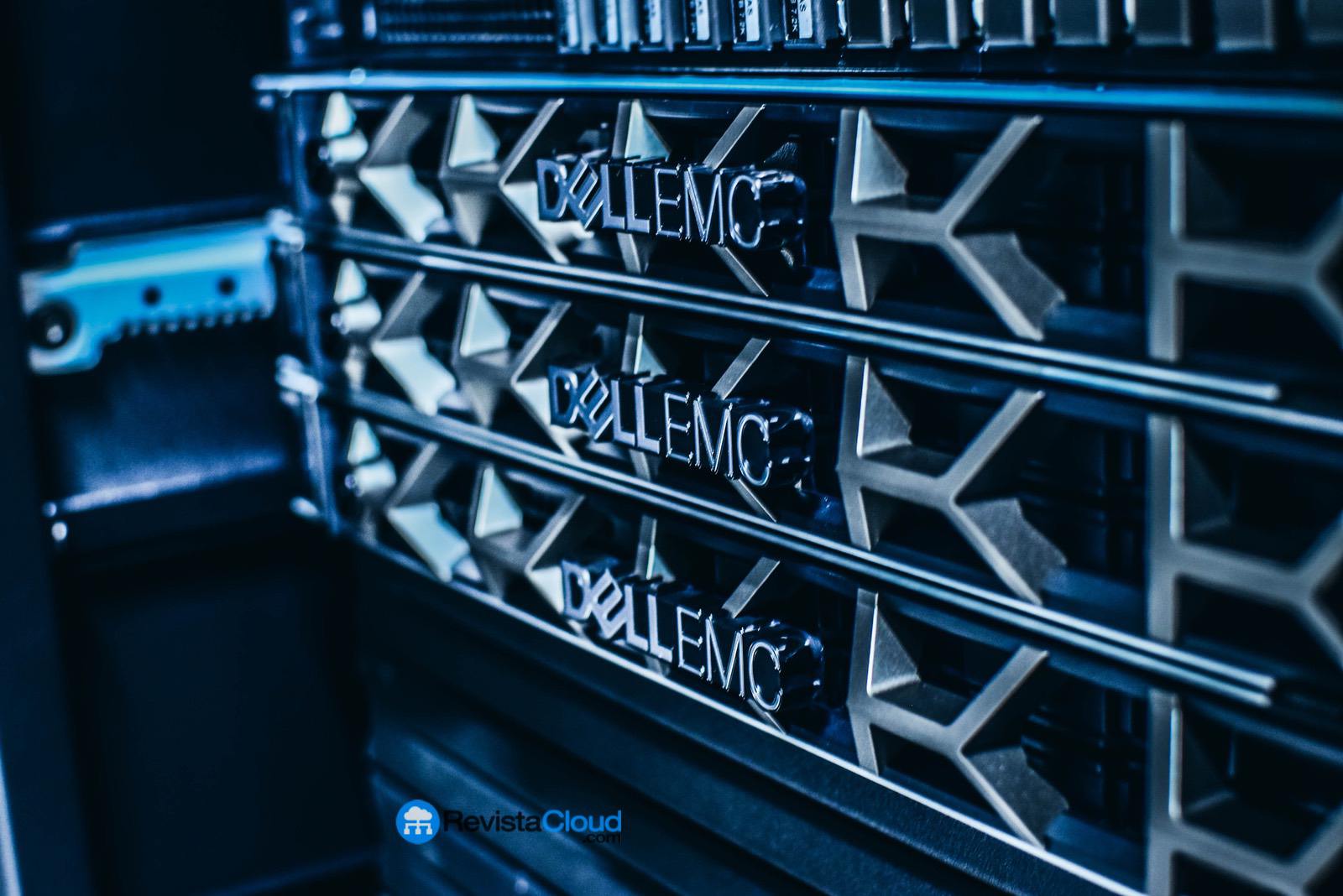In today’s landscape of enterprise technology, the use of Software as a Service (SaaS) based applications has become the norm for many companies. However, a false sense of security can lead companies to believe that SaaS providers also handle data protection comprehensively. This misjudgment opens doors to significant vulnerabilities in information security.
This year’s Dell Technologies Forum emphasizes the importance of cloud and security, highlighting the business responsibility to ensure their own data backup and recovery. Dell Technologies warns about the top five gaps that can arise when organizations rely solely on the protection measures of SaaS providers:
- Accidental Deletion: It is common for deleted data to be moved to a recycle bin, which is then automatically emptied by the system after a predefined time. A clear example is seen in Salesforce, where a deleted project may be unrecoverable if it is decided to resume it after the recycle bin has been cleared.
- Malicious Deletion: A concerning scenario occurs when an employee leaving the company deliberately deletes information. This can result in an unrecoverable loss if the data was deleted before their Microsoft 365 account was blocked.
- Ransomware Attacks: SaaS applications often have short data retention windows, making it difficult to recover data to a pre-ransomware encrypted state, especially if the attack occurs outside of this interval. The lack of isolation of stored data from the main environment can result in ransomware spreading.
- Non-compliance with guidelines: Limited data retention periods may prevent companies from complying with data archiving regulations, increasing the risk of penalties and reputational damage.
- Legal retention and eDiscovery: Data retention and search functionalities in the event of litigation are often insufficient in SaaS applications. In addition, integration with third-party eDiscovery tools is limited, further complicating legal and investigative processes.
To mitigate these risks and ensure effective compliance, companies need to adopt robust backup solutions. While building and operating an in-house solution involves significant investments and efforts, cloud backup platforms emerge as an attractive option, offering an efficient and cost-effective alternative for protecting SaaS data.

